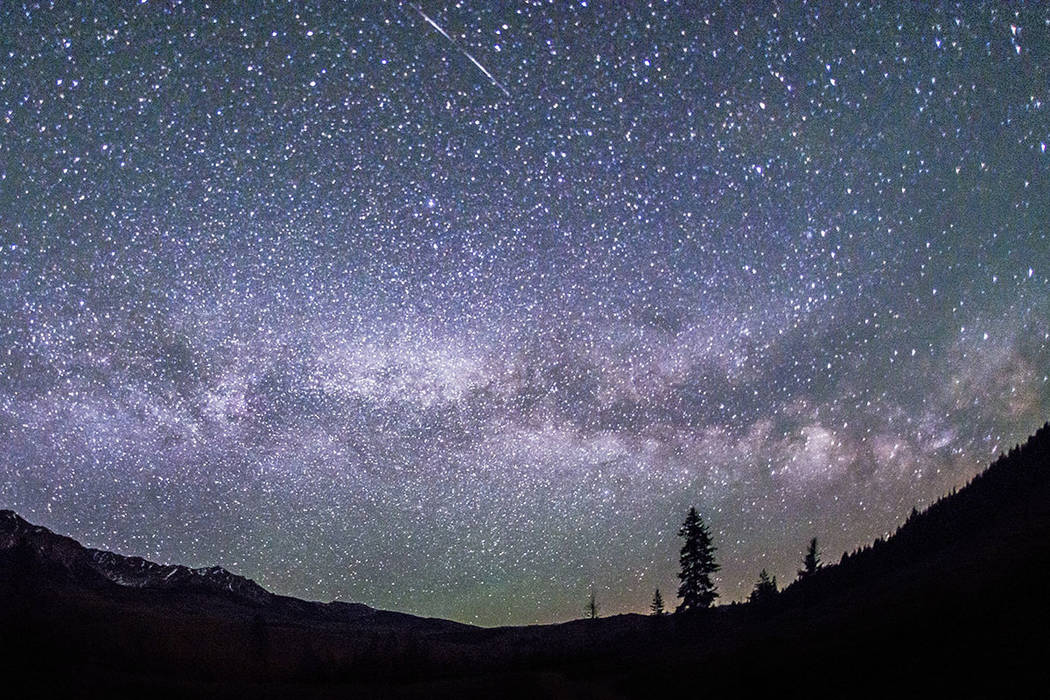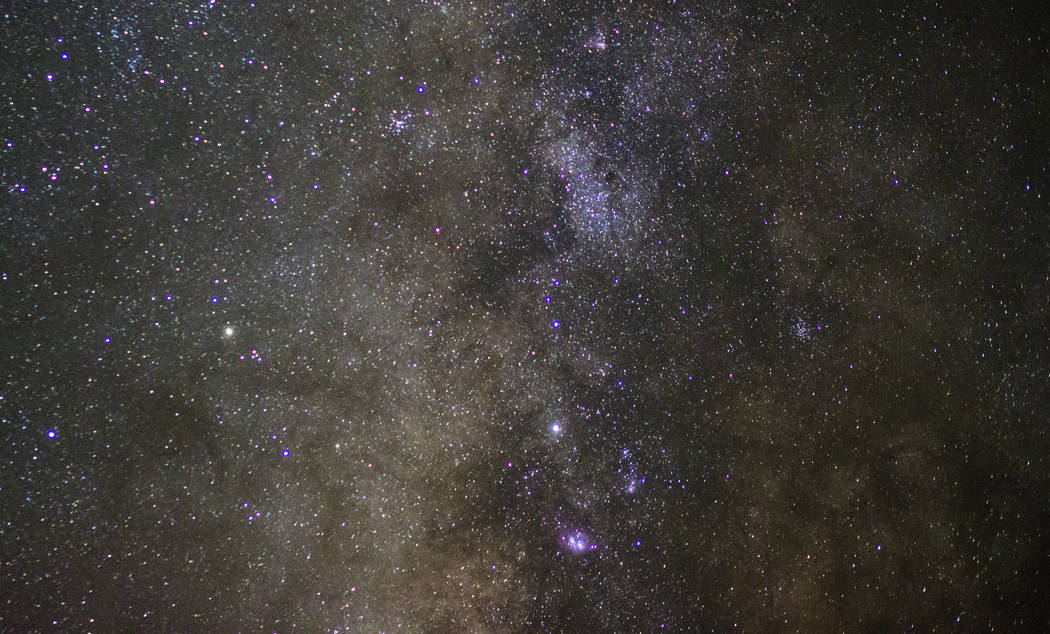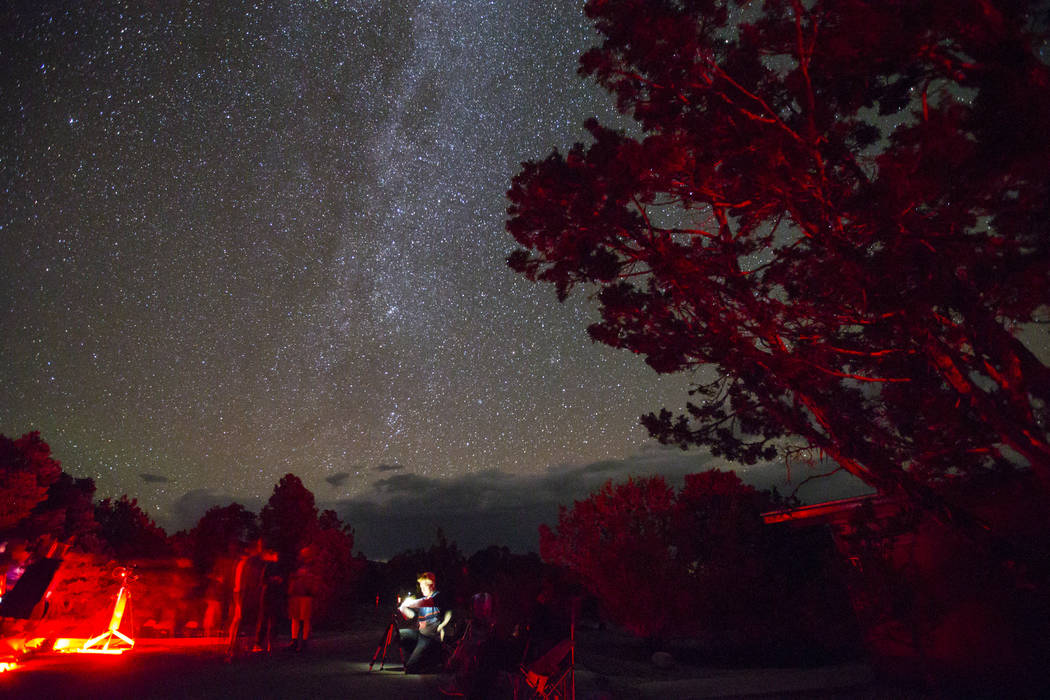VICTOR JOECKS: The scientific evidence for God
The most significant news of the month doesn’t involve Ukraine. It comes from a Pew Research Center survey showing that American religious affiliation continues to plummet.
Among millennials, 49 percent identify themselves as Christians, compared to 40 percent among the religious “nones.” This category includes atheists, agnostics and those saying “nothing in particular” fits their religious inclinations. The contrast with older Americans is vast. Among those born between 1928 and 1945, 84 percent call themselves Christians.
There are many cultural, political and technological reasons for this shift. But perhaps nothing has accelerated this decline more than the idea that science has disproved or eliminated the need for God.
Scientific advances over the past several decades, however, provide some of the best evidence for the existence of God. Start with the Big Bang.
The idea that the physical universe has a definite beginning isn’t a new idea — for the religious. The first words of the Bible read, “In the beginning, God created the heavens and earth.” Dating back to the ancient Greek philosophers, secularists held a different view. For millennia, they believed matter was eternal.
This newfound — historically speaking — scientific consensus of a beginning bolsters a strong philosophical argument for God’s existence.
Everything that has a beginning has a cause.
The universe had a beginning.
Therefore, the universe had a cause.
For the religious, the cause is obvious — God. Secularists don’t have that option available. Which one requires more faith: believing that God exists or that everything and everyone came from nowhere and nothing?
That’s hardly the only scientific advance that’s bolstered the case for an intelligent designer. Consider how many factors had to be exactly right for life in the universe — let alone on Earth — to exist. There’s so much precision that even atheists such as Stephen Hawkings recognize the fine-tuning.
“The laws of science, as we know them at present, contain many fundamental numbers, like the size of the electric charge of the electron and the ratio of the masses of the proton and the electron,” he wrote in “A Brief History of Time.” “The remarkable fact is that the values of these numbers seem to have been very finely adjusted to make possible the development of life.”
Consider the cosmological constant, which relates to the universe’s expansion. If it had been different by an amount equivalent to 1 quantity in 10120, life wouldn’t exist. That’s a “1” followed by 120 zeros. For comparison, scientists estimate there are 1080 particles in the universe. There’s no scientific necessity that these numbers be so perfectly calibrated to allow life. What’s the best explanation left: a chance greater than the number of particles in the universe or a designer?
That’s not the only place design is evident. The human body has 30 trillion cells, performing a wide variety of functions. You don’t tell your cells what to do. The information contained in your DNA does. DNA stores a vast amount of functional, specified information in a format similar to a computer code. That information is needed to produce the proteins, which are microscopic, incredibly complex and the building blocks of life.
As Stephen Meyer details in his book, “Signature in the Cell,” the best and sole explanation for vast amounts of this type of information is outside intelligence. The information is too complex and useful to explain by chance alone.
Science can’t prove — or disprove — the existence of God. By definition, that’s beyond its scope. Science is the study of the natural, not the supernatural. A belief in God is a personal decision, but the best inference from all that science has discovered is that an intelligent designer exists.
Victor Joecks’ column appears in the Opinion section each Sunday, Wednesday and Friday. Contact him at vjoecks@reviewjournal.com or 702-383-4698. Follow @victorjoecks on Twitter.




















